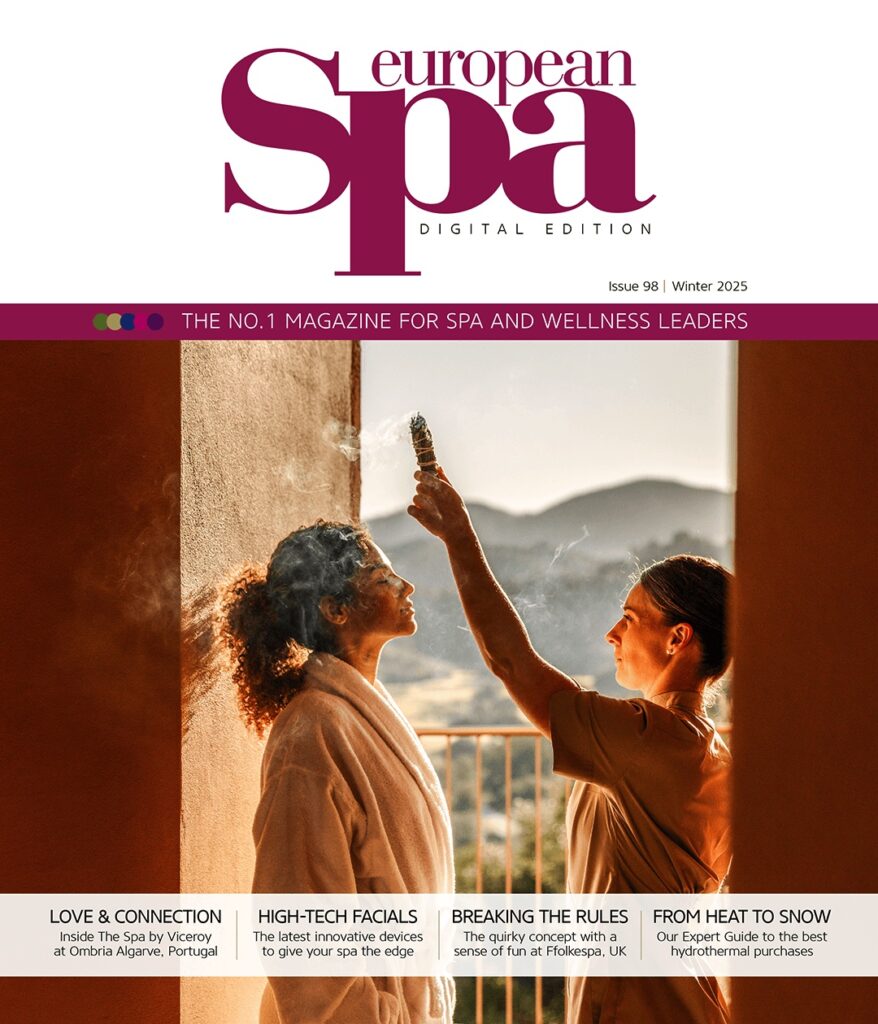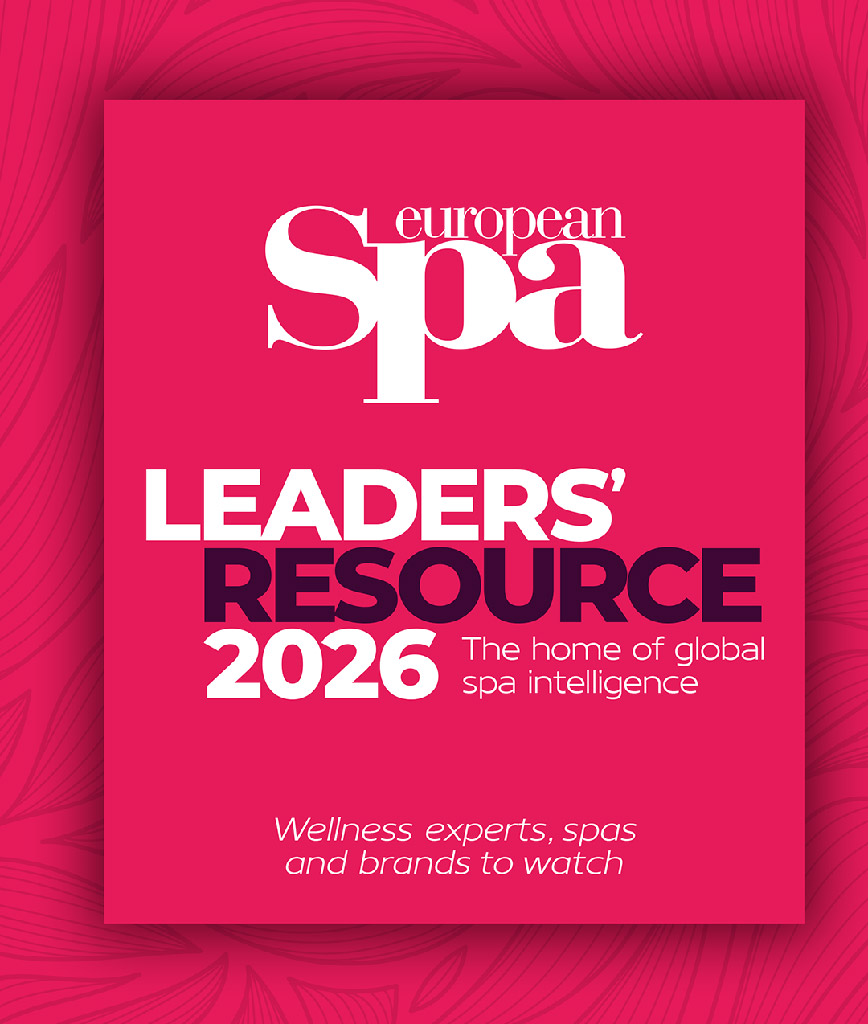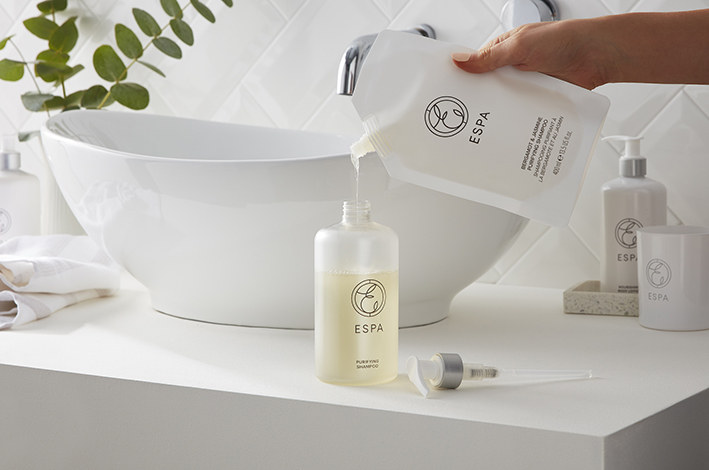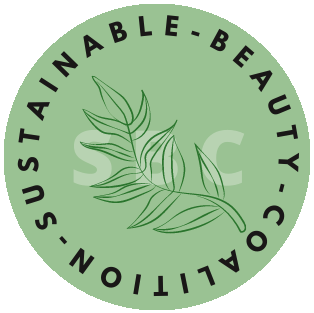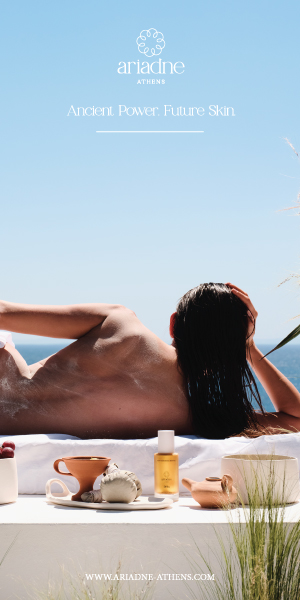When it comes to ingredients, the report advises shoppers to do their research, consult independent consumer testing bodies, such as Ethical Consumer or Which? and look for logos, such as the Zero Plastic Inside logo, or third party certifications.
Certifications to look out for include Cruelty Free International’s Leaping Bunny programme. To gain this certification brands must meet rigorous global standards above and beyond animal testing laws. The Vegan Society mark guarantees that no animal-derived ingredients were used in the product, packaging or production, while The Vegetarian Society guarantees that no animal products were used.
Vegan and vegetarian claims have become synonymous with animal welfare, which in turn has become synonymous with sustainability, however unverified products cannot be assumed to be less harmful to the planet.

Other certifications to be aware of include the COSMOS (as certified by the Soil Association) and NATRUE seals, which ensure that a percentage of ingredients used come from certified organic agriculture.
The Roundtable on Sustainable Palm Oil (RSPO) or Certified Sustainable Palm Oil (CSPO) guarantee that any palm oil in the product was sourced sustainably or the Organgutan Alliance Certfication, which ensures that the product is free from palm oil.
Checking a product’s ingredient’s list, being aware of third-party certifications and spending your money with brands that align with your values is key to holding brands accountable.
